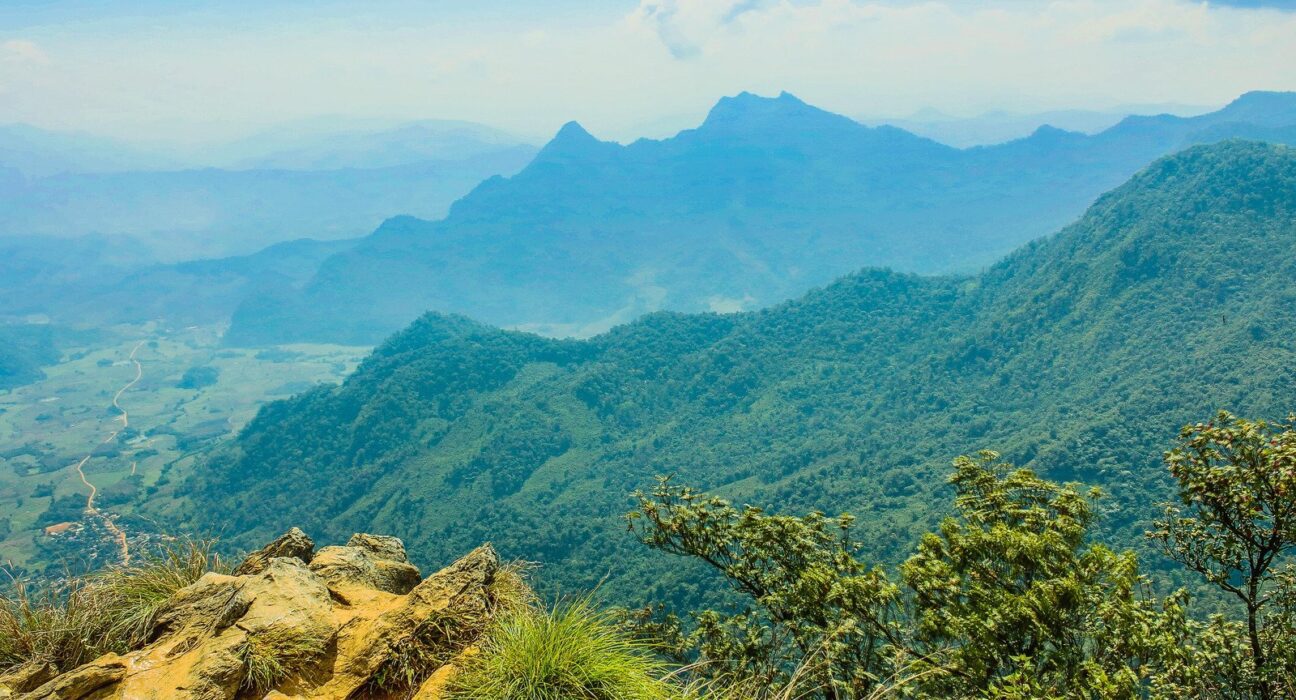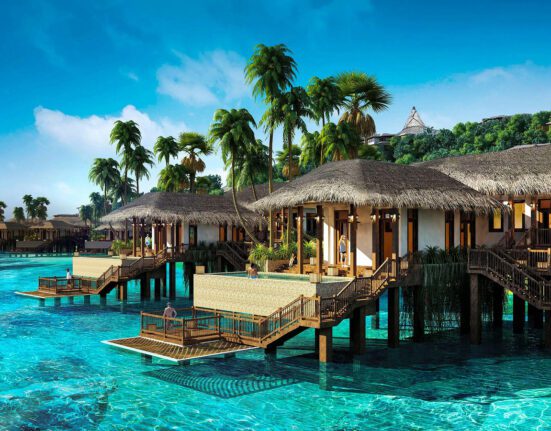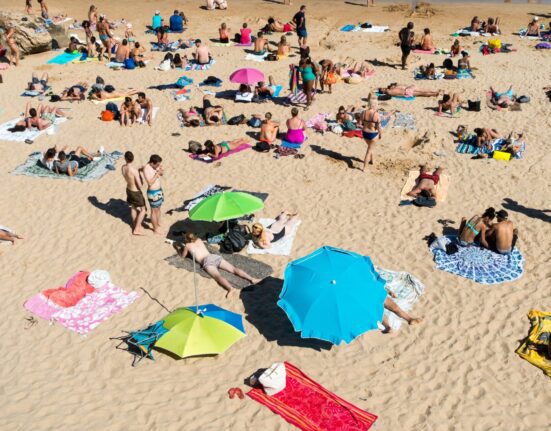The article discusses the importance of tourism in a region, as well as tourism planning and regional development. It states that for regions to successfully attract tourist dollars, it is vital that they offer a variety of tourist attractions. Find out how the region can not only be a destination but also an economic driver.
What is regional development?
Regional development is the umbrella term that refers to a range of interventions that aim to improve the overall economic, social and environmental well-being of a region. There are many different types of regional development interventions, but all share the common goal of creating opportunities for growth and prosperity in local communities. The most common forms of regional development are: economic development (investing in infrastructure and businesses); social development (creating jobs, improving education and access to health care, reducing poverty); and environmental development (improving air quality, conserving energy resources, slowing down erosion). But regional development doesn’t stop at these sectoral boundaries – it also includes initiatives that aim to improve cross-sectoral linkages (for example, enhancing connectivity between transportation and employment opportunities), build capacity within local communities (through training or mentorship programs) or engage with international actors (through treaties or partnerships). What is regional development? Regional development is the umbrella term that refers to a range of interventions that aim to improve the overall economic, social and environmental well-being of a region. There are many different types of regional development interventions, but all share the common goal of
The Regional Development Paradigm
Tourism is one of the most important industries in the world, and with that comes an immense amount of competition. To stand out from the rest and attract tourists to your area, you need to have a well-crafted tourism plan. You also need to be aware of regional development issues and how they may impact your tourism strategy. Regional development is a complex process that involves identifying and addressing economic, social, environmental and infrastructure needs in a specific area. It can help spur new economic growth, create jobs, improve infrastructure and reduce Poverty. However, it’s important to remember that regional development doesn’t happen overnight – it takes time and effort. If you want to succeed with your tourism plan, you need to be aware of regional development issues. Here are five things you should keep in mind: 1) Regional development starts with understanding your customer. What are their needs? What are their wants and desires? What are their priorities? Once you know this information, you can start developing products and services that meet those needs. 2) Regional development also involves understanding your competition. Who is doing what in your market? How can you beat them at their own game? How can
International tourism in your region
Tourism has been the backbone of regional economies for centuries, and continues to be an important source of income. However, tourism can also be a burden on regions if not planned and managed properly. There are a number of things that you can do to help your region become a more popular tourist destination, including: 1. Plan ahead. Make sure that you have an accurate idea of what types of tourists your region is suited for and what attractions and activities they would likely enjoy. This will help you create marketing materials that target the right visitors. 2. Build infrastructure. Make sure that your region has adequate parking, transportation, and lodging options. This will ensure that tourists have everything they need to enjoy your area without feeling overwhelmed or stressed out. 3. Promote your region responsibly. Make sure that you are respectful of local cultures and customs while promoting your area to tourists. This will help to build goodwill and improve relations between locals and visitors alike.
Tourism: good or bad for the environment?
There is no doubt that tourism has a positive impact on the environment. According to a study by the World Travel and Tourism Council, tourism provides direct and indirect employment for over 1 billion people and generates an estimated US$2 trillion in GDP. Moreover, tourism supports environmental conservation efforts by encouraging people to visit protected areas and to reduce their consumption of resources. However, there are also negative effects of tourism. For example, tourist arrivals can cause increased pressure on local resources (e.g. water supplies, accommodation facilities) and infrastructure, leading to negative consequences such as pollution, congestion, and increased costs for businesses and consumers. In addition, uncontrolled tourism can undermine the cultural heritage of destinations and contribute to social problems such as prostitution and human trafficking. Ultimately, it is important to strike a balance between the benefits of tourism and its negative impacts on the environment. To do this, it is important to understand the unique characteristics of each destination and how best to exploit these advantages while minimizing any negative effects.
Pros and cons of development
Tourism is a billion dollar industry and has been growing steadily for years. It’s no surprise that many people want to get in on the action, especially with the current economy being what it is. Unfortunately, not everyone knows what they’re doing when it comes to developing tourism destinations. This can lead to disastrous results, as was the case with the recent collapses of both the Egyptian and Tunisian tourism industries. In this article, we will look at both the benefits and drawbacks of tourism development, so that you can make wise decisions when it comes to your own business. Benefits of Tourism Development There are a number of benefits to developing tourism destinations, both short- and long-term. Some of these include: 1. Increased Income: One of the key benefits of tourism development is that it can lead to increased income for businesses in the area. This is because visitors will spend money on things like food, accommodation, and transportation while they are in town. This means that businesses nearby will see an increase in revenue, which is why it’s important to do your research before getting started with any projects. 2. Increased Economic Activity: Another benefit of increased income
Conclusion
If you’re looking to succeed in tourism planning and regional development, then you need to start with the right mindset. A successful approach starts by understanding your audience and crafting a strategy that is tailored specifically for them. You also need to be constantly innovating and expanding your reach, as well as stay up-to-date on changes in the industry so that you can anticipate potential obstacles and solve them before they become problems. Finally, it’s important to have strong relationships with key partners and stakeholders, so that you can ensure efficient collaboration across all levels of the planning process.








